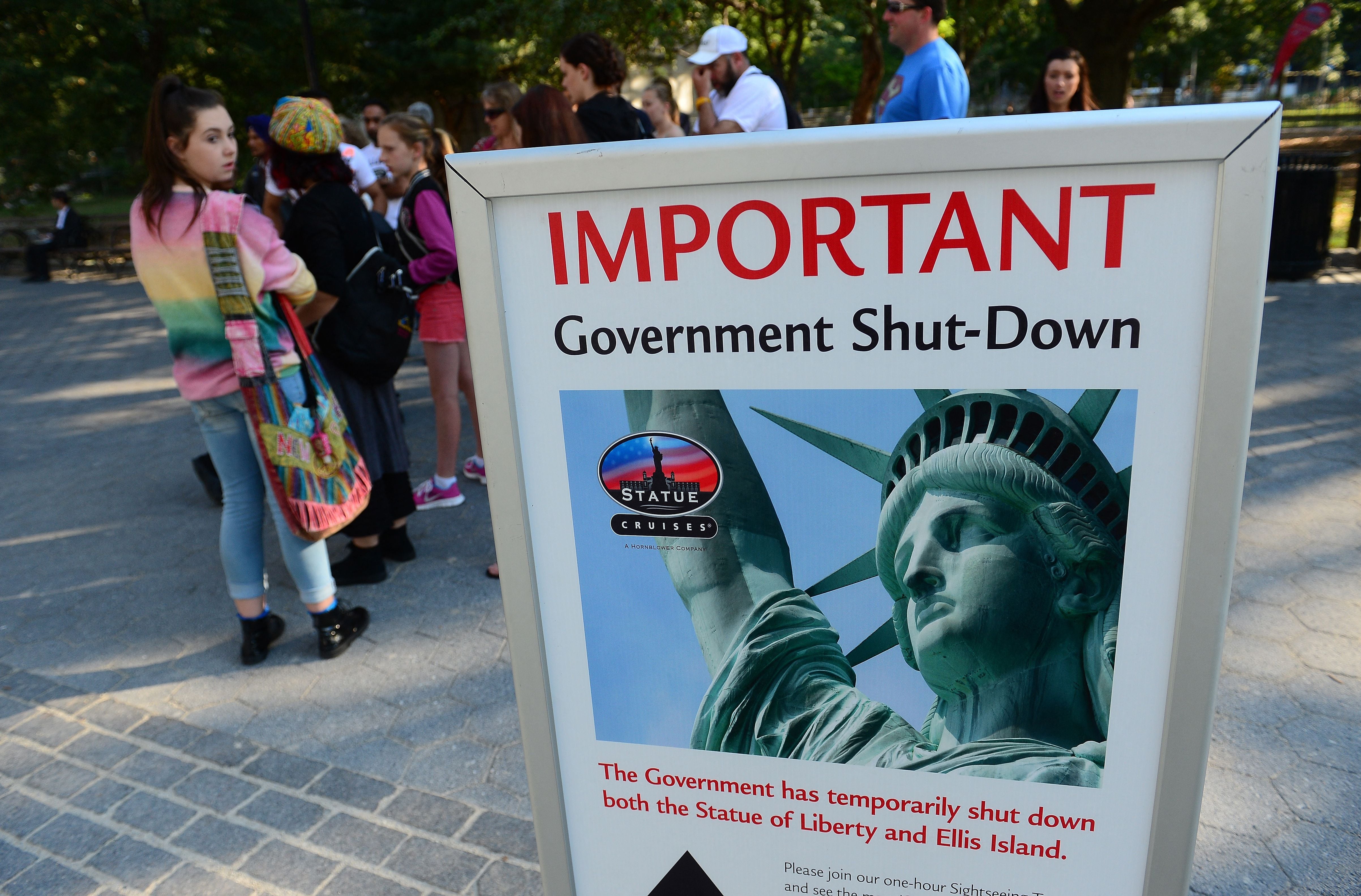WASHINGTON ― The Senate Foreign Relations Committee plans to take up a bipartisan measure to repeal the 2002 and 1991 war authorizations for Iraq in mid-July, the panel’s chairman confirmed Thursday.
Sen. Bob Menendez, D-N.J., said he is working with the Biden administration to schedule a classified briefing for panel members about the policy implications of the measure, opposed by some top Senate Republicans, including Senate Minority Leader Mitch McConnell of Kentucky.
Punchbowl News first reported the committee’s plans.
The Senate adjourned Thursday until July 12, and Menendez is expected to hold the briefing shortly after its return. Sen. Tim Kaine, D-Va., a co-sponsor of the repeal resolution with Sen. Todd Young, R-Ind., said he expects the markup on July 20.
Five panel Republicans ― Sens. Mitt Romney of Utah; Marco Rubio of Florida; Mike Rounds of South Dakota; Ron Johnson of Wisconsin; and Bill Hagerty of Tennessee ― asked for a delay in the committee vote on the resolution. They noted that the Trump administration opposed repeal of the 2002 authorization for the use of military force and that the Obama administration used it in the fight against the Islamic State.
“We should fully evaluate the conditions on the ground, the implications of repealing the 2002 AUMF for our friends, and how adversaries — including ISIS and Iranian backed militia groups — would react,” they wrote in a July 19 letter to Menendez. “It is also important to consider the policy and potential legal consequences of our reduced presence in the region and the impending withdrawal of forces from Afghanistan.”
They sought the briefing and a public hearing with Defense Secretary Lloyd Austin and Secretary of State Antony Blinken, as well as outside experts.
Menendez said he did not agree to a hearing, and an aide with knowledge of the situation said it was hard to imagine the briefing would involve Cabinet-level officials.
“We’re going to have a classified briefing for members so this way they can ask all the questions they want from the administration, where they can get answers to every question, and then we’ll have a markup after that,” Menendez said.
Under the committee’s rules, any member can delay legislation for one business meeting, which means Menendez could have held the markup before the recess. However, he said he wanted to afford time for the briefing.
“I think it’s a legitimate opportunity,” Menendez said. “This shouldn’t be a partisan issue, it should be bipartisan, so I’m going to have the ability for them to answer those questions.”
The Biden administration has a tough sell with some Republicans, including Johnson, who said he opposes the repeal effort because the 2002 authorization gives U.S. troops in a “hostile situation” in Iraq the added coverage to defend themselves.
“The Iraqis want our troops there. I think it’s important for us to maintain a presence there to maintain stability, and as long as we have troops there, I think you probably need that AUMF so they can keep themselves safe,” Johnson told reporters Thursday.
The White House said earlier this month it supports the legislation, stressing that no ongoing military activities rely upon the 2002 authorization. It also said President Joe Biden is committed to working with Congress to replace war authorizations with a narrow framework meant to ensure the U.S. can protect Americans against terrorist threats.
The House voted on a bipartisan basis June 17 to repeal the 2002 AUMF. Senate Majority Leader Chuck Schumer has vowed to bring a repeal of the 2002 AUMF to the Senate floor this year.
Joe Gould was the senior Pentagon reporter for Defense News, covering the intersection of national security policy, politics and the defense industry. He had previously served as Congress reporter.





